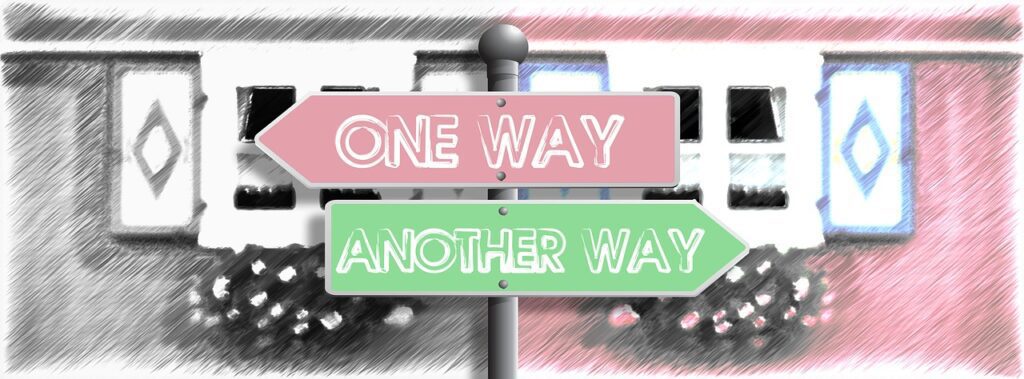
I remember when I was in Afghanistan, ‘living’ in the vast expanse of deserts and valleys surrounding what few rivers existed. It was our life for over 6 months. We were in a different world, one that wasn’t connected with all the technology that we are and were used to. We’d gone back in time, and there were periods where the only connection I had with my home-life was a letter flown in on a helicopter. I remember one time I went weeks without receiving a letter. And when I did receive one, the joy was simply indescribable. The same could almost be said for fresh food. We ate rations, with no fresh food, for weeks and weeks on end. When ‘they’ managed to get us some fresh food, it was like all of our Christmas’s had arrived at once.
‘They’, the point of this blog…
‘They’. The folks who were back in our large, safe base, where they had fresh coffee and even a Pizza Hut. ‘They’, our administrative teams, serving in the same war and with the same organisation, yet living a very different experience. They were what we call ‘Corporate Services’ in the normal world. Their role was to support us; to try and enable us to conduct our operations. ‘They’ were serving in the same war, but living a different experience, and yet, without a doubt, ‘they’ and ‘us’ were equal.
I’m not sure at what point in some organisations we decide that corporate services are not an equal partner at the table, but it happens, we’ve all witnessed it, and its effects are absolutely detrimental.
When I was serving overseas, there was never a moment when I didn’t respect the work our corporate services folks did, when I didn’t instill on my team the importance of making sure they felt equal, making sure we understood their business and not just expecting them to understand ours, often asking them the question – what do you need from us to be able to support us better? It’s such a key question, that I’ve rarely seen asked since I left the British Army.

Corporate and administrative services form a crucial part of any organisation. They may not be the big, shiny part of it, but they’re a cog in the big system, and if they aren’t functioning the system will fail.
I think we get this, but what we don’t get is the fact that they are equal to everyone else. They are not sub servant to the other branches or divisions that exist. Those leaders who think they are have never waited in the sweltering desert, under constant danger, waiting scared for them to be able to deliver that letter. They’ve never realised the tangible importance of what they do, and they’ve never taken the time to ask what they need from them to make their role easier.

So if you’re a leader, instill in your team the value that everyone is equal, and that the administration and corporate folks who support you are as equal and as important to your organisation as your own division. I’ve seen the opposite happen, and all it does is produce a disjointed, segmented organisation where individuals and branches can succeed, even if the organisation as a whole is losing. It’s like having the best game of your career, and celebrating like you won the championship, yet your team has just lost at the first hurdle.
All teams should all be treated as equal, not matter what role they play…






